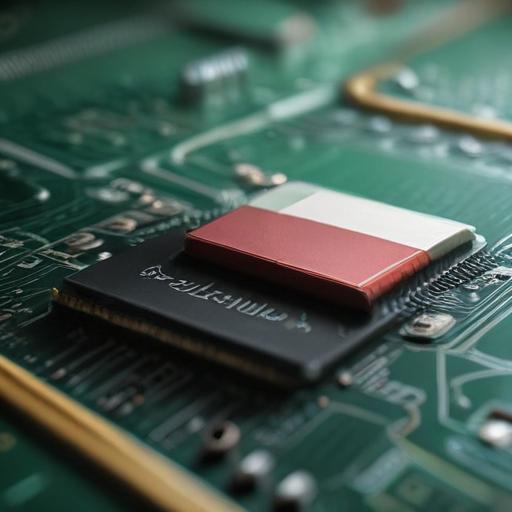The Trump administration is set to unveil a significant deal that will grant Saudi Arabia enhanced access to advanced semiconductor technology. This agreement comes amid ongoing discussions concerning American concerns about the Gulf nation’s connections to China. The deal is expected to enable Saudi Arabia to purchase chips from leading companies such as Nvidia and Advanced Micro Devices, both of which are pivotal for the development and operation of artificial intelligence technologies.
President Donald Trump is currently in Riyadh, where he might announce this deal during his broader Middle East visit. Sources indicate that, while an initial accord has been reached, various critical details are still being finalized. A major point of contention is the potential for China to gain access to the chips sent to Saudi Arabia, either through physical shipments or through cloud-based capabilities. To mitigate these concerns, one of the provisions under consideration would involve the US maintaining control over access to data centers utilizing American-made chips.
In addition to the Saudi deal, officials are also negotiating a second agreement with the United Arab Emirates, indicating a more flexible approach from the Trump administration toward exporting advanced technology to the Gulf region compared to the current Biden administration. Business interests in this region and its sovereign wealth funds’ commitments to investing in the US are likely influencing this more accommodating stance.
In a related development, Nvidia’s CEO Jensen Huang announced plans to supply semiconductors to a new Saudi AI venture, Humain, which is set to establish a 500-megawatt data center. This project is expected to significantly leverage Saudi Arabia’s energy resources to advance AI capabilities in the region.
Overall, these developments reflect a strategic push to bolster technology partnerships with Gulf nations, enhancing their capabilities while navigating geopolitical concerns. The collaboration can potentially lead to a transformative impact on the region’s technological landscape.
